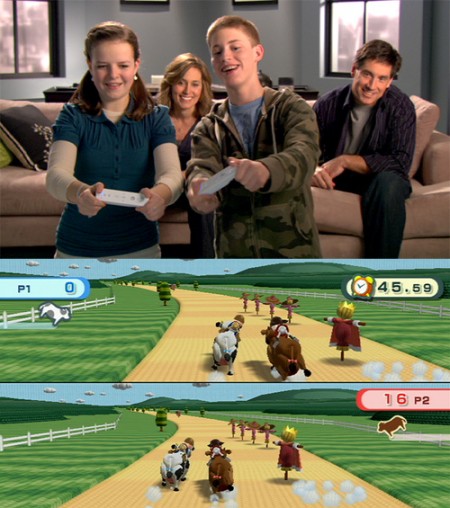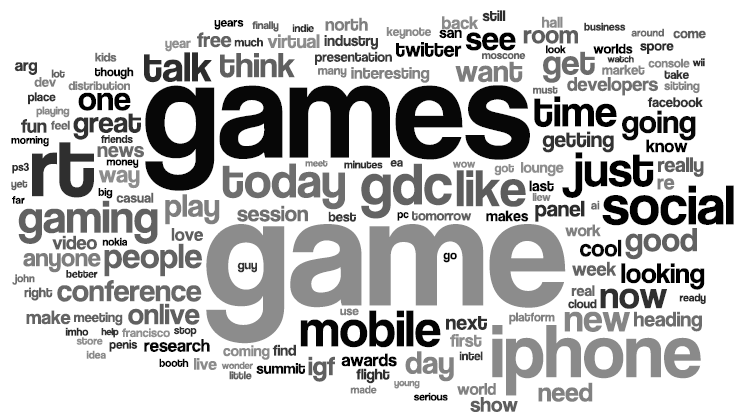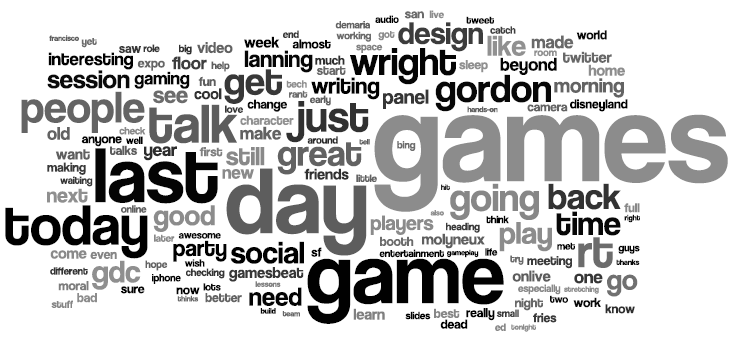For your theory pleasure, the Conference Proceedings of The Philosophy of Computer Games 2008 have now been published, edited by Stephan Günzel, Michael Liebe and Dieter Mersch, with the editorial cooperation of Sebastian Möring. Download it here.
I discussed my own contribution in the previous post, here is the table of contents.
Table of contents
Petra Müller: Preface
Patrick Coppock: Introduction
Stephan Günzel, Michael Liebe and Dieter Mersch: Editor’s Note
Keynotes
Ian Bogost: The Phenomenology of Videogames
Richard Bartle: When Openness Closes. The Line between Play and Design
Jesper Juul: The Magic Circle and the Puzzle Piece
Ethics and Politics
Anders Sundnes Løvlie: The Rhetoric of Persuasive Games. Freedom and Discipline in America’s Army
Kirsten Pohl: Ethical Reflection and Emotional Involvement in Computer Games
Niklas Schrape: Playing with Information. How Political Games Encourage the Player to Cross the Magic Circle
Christian Hoffstadt/Michael Nagenborg: The Concept of War in the World of Warcraft
Action | Space
Bjarke Liboriussen: The Landscape Aesthetics of Computer Games
Betty Li Meldgaard: Perception, Action, and Game Space
Stephan Günzel: The Space-Image. Interactivity and Spatiality of Computer Games
Mattias Ljungström: Remarks on Digital Play Spaces
Charlene Jennett/Anna L. Cox/Paul Cairns: Being ‘In The Game’
Souvik Mukherjee: Gameplay in the ‘Zone of Becoming’. Locating Action in the Computer Game
Dan Pinchbeck: Trigens Can’t Swim. Intelligence and Intentionality in First Person Game Worlds
Robert Glashüttner: The Perception of Video Games. From Visual Power to Immersive Interaction
The Magic Circle
Britta Neitzel: Metacommunicative Circles
Yara Mitsuishi: Différance at Play. Unfolding Identities Through Difference in Videogame Play
Eduardo H. Calvillo-Gámez and Paul Cairns: Pulling the Strings.
A Theory of Puppetry for the Gaming Experience
Michael Liebe: There is no Magic Circle. On the Difference
between Computer Games and Traditional Games






